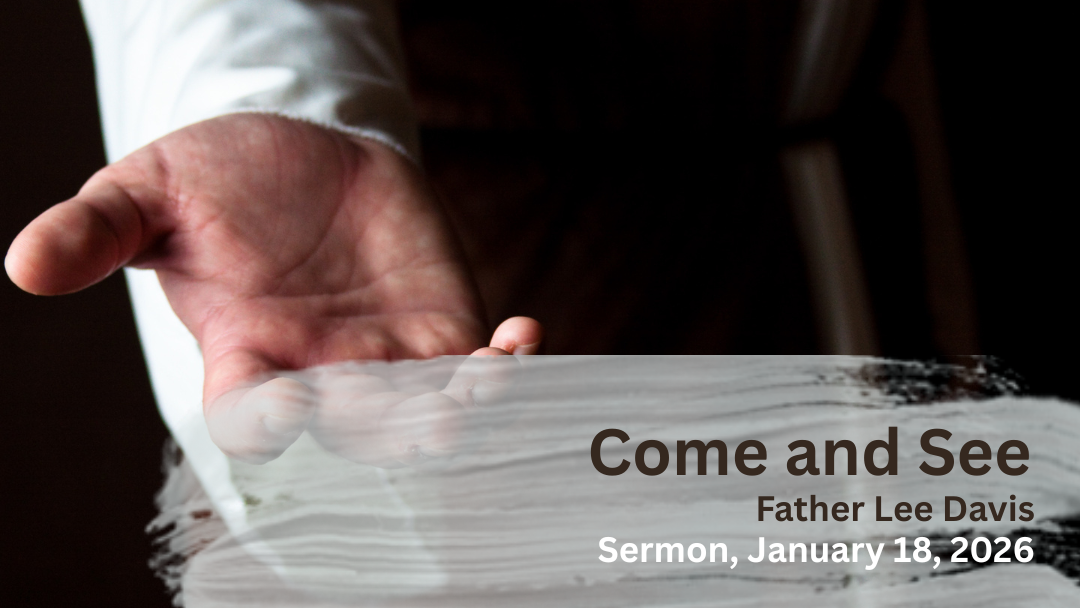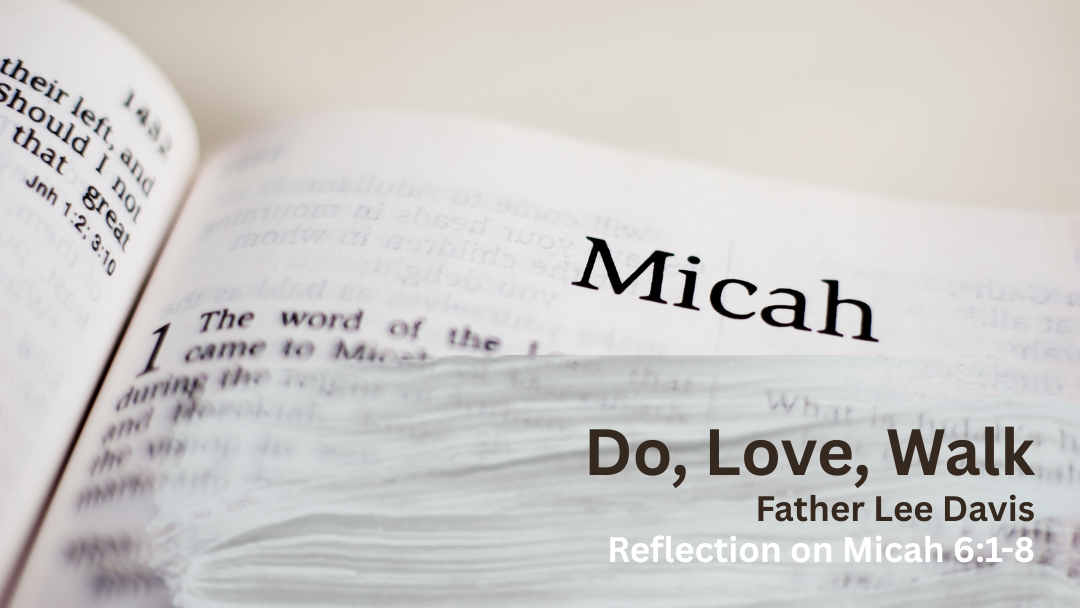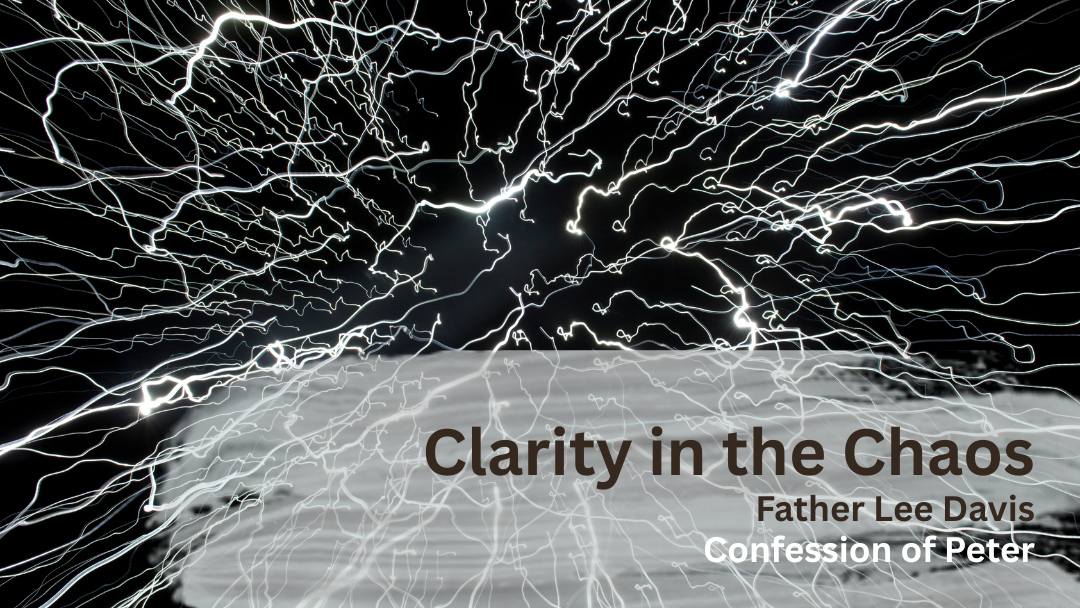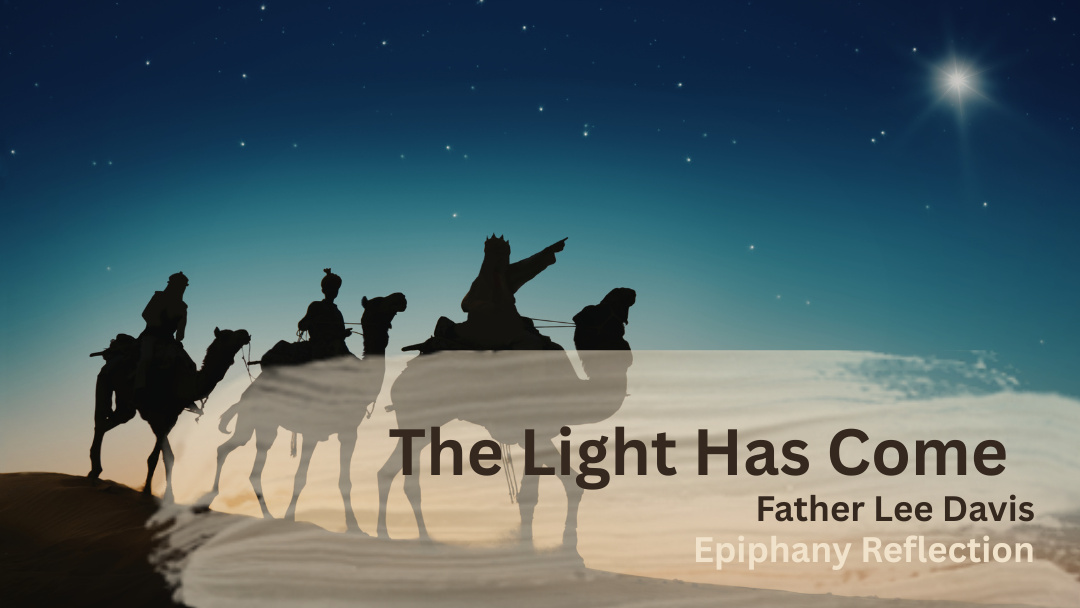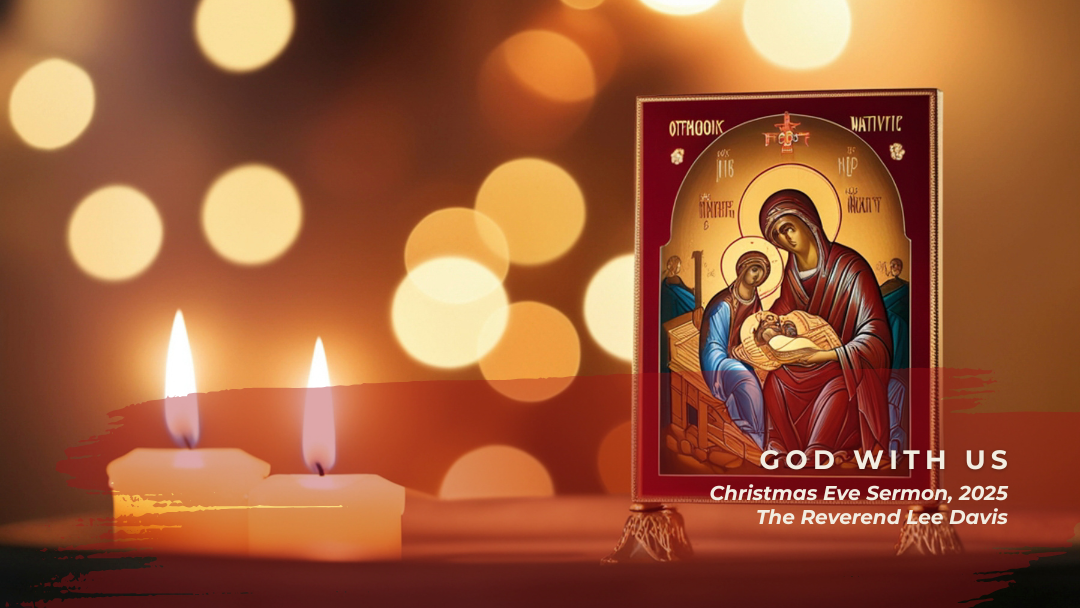Do we love God for who God is?
Do we love God for who God is?
Reflection The Story of Job (Job 1:1, 2:1-10, 23:1-9, 16-17, 38:1-7, 34-41, 42:1-6, 10-17)
One of the most challenging questions we face in our spiritual lives is this: Do we love God for who God is, or only because of the good things we have? This question cuts to the heart of authentic faith and invites us to reflect on the depth of our relationship with God. Is our love for God dependent on the blessings we receive—health, wealth, security—or is it rooted in something deeper, a genuine devotion that endures even when life is difficult?
The story of Job speaks directly to this struggle. Job was a man of deep faith, described as "blameless and upright," and yet he faced unimaginable loss and suffering. When Satan challenges Job's integrity, the question is raised: Does Job love God only because of the blessings in his life? What would happen if all of those blessings were stripped away? Would Job's faith remain?
As we walk through Job’s story, we’re confronted with this uncomfortable reality. Job’s suffering seems unfair. He’s done everything right, yet his life falls apart. In his pain, Job questions God, but he never turns away. Even when his friends offer shallow explanations for his suffering, Job clings to his relationship with God, struggling to understand but never abandoning his faith. It’s here that we begin to see what loving God for who God is looks like. Job’s love for God isn’t transactional—it’s relational, built on trust even in the midst of confusion and pain.
This theme echoes throughout Scripture. Jesus, too, confronts people with the same challenge. After feeding the 5,000, many followed Him because they were impressed by the miracle. But Jesus cuts to the heart of the matter, telling them they seek Him not because they understand who He is, but because they want more bread. He challenges us to examine our motivations: Do we follow God because of the blessings we hope to receive, or do we follow God because we seek a deeper relationship with the Creator, one that transcends material gain?
It’s easy to love God when life is going well—when we have our health, financial stability, and meaningful relationships. But what happens when those things are taken from us? Do we still love God when we lose our job, when illness strikes, or when a loved one dies? This is where faith is truly tested. It’s in these moments that we discover whether our love for God is based on what God gives us or on who God is.
The Apostle Paul offers a powerful perspective on this. In his letter to the Philippians, Paul speaks of learning to be content in all circumstances—whether in abundance or in need. His strength, he says, comes not from his external circumstances but from his relationship with Christ. This kind of faith moves beyond the ups and downs of life. It’s not anchored in the good things we have, but in the unchanging presence of God.
I think this theme challenges us to consider our own motives. Why do we worship? Why do we pray? Is it because we expect God to bless us in return, or do we love God for God’s own sake? One of the most profound lessons we learn from Scripture is that God desires a relationship with us, one built on trust and love, not simply on what we receive. True love for God is relational, not transactional.
This is not to say that we don’t experience God’s blessings—we do, and they are good gifts. But our faith must go deeper. It must be able to withstand the times when the blessings seem scarce, when life is hard, and when we don’t understand what God is doing. In these moments, we are invited to lean into the mystery of God, to trust in God's wisdom, and to love God for who God is, even when the good things are not there.
Ultimately, loving God for who God is means trusting that God’s presence is enough. It’s about developing a relationship that is not dependent on our circumstances but on the assurance that God is with us through it all. It’s about finding joy not in what we receive but in who God is—Creator, Sustainer, and Redeemer. This kind of love isn’t easy. It requires a shift in how we view our relationship with God. But when we move beyond loving God for the gifts, we discover a faith that is richer, deeper, and more enduring.
So, as we reflect on our own spiritual journeys, let’s ask ourselves: Do we love God for who God is, or only because of the good things we have? It’s a question that can reshape our understanding of faith and deepen our relationship with God. And perhaps, in wrestling with this question, we will find a faith that holds firm, not because of what we have, but because of who God is.







